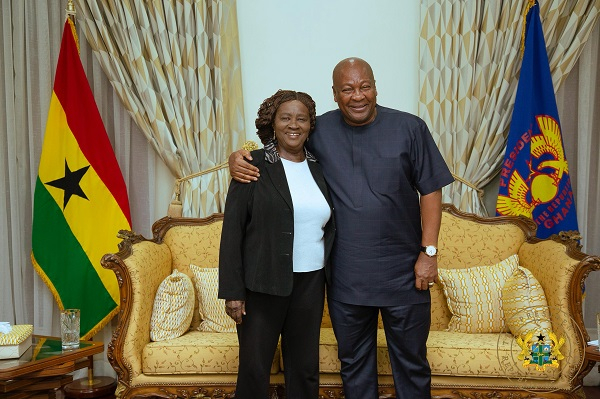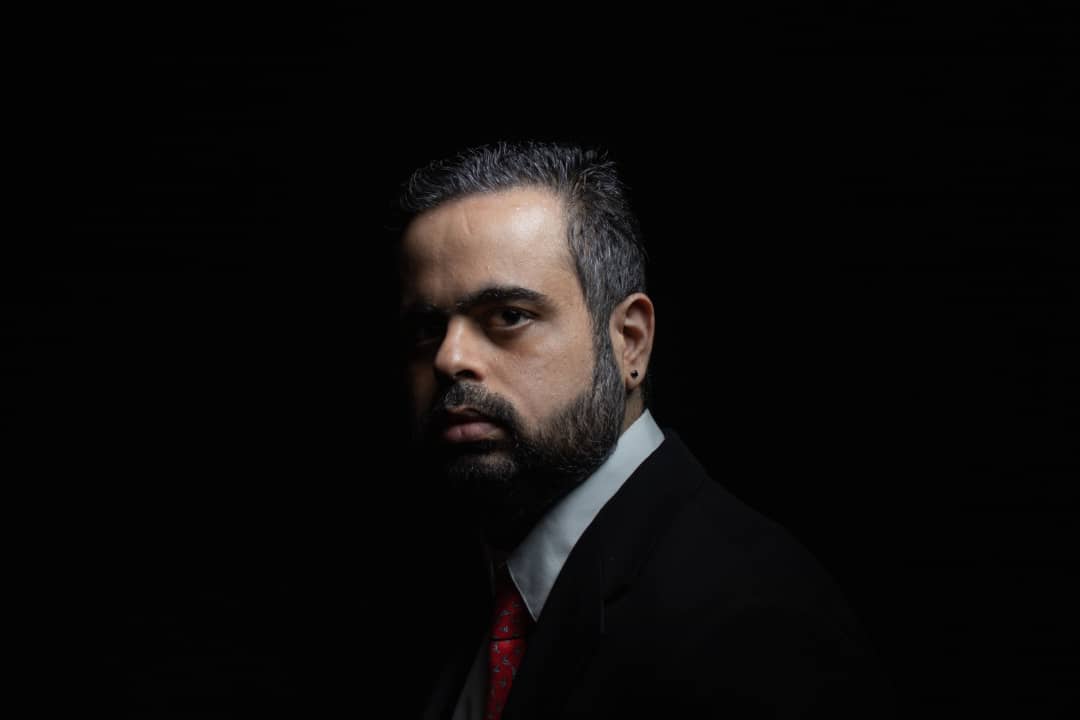12 African Countries Commit to Strengthen Cross-Border Collaboration for Improved Mpox and Health Emergency Response - Africa CDC
— Twelve African countries have joined hands to facilitate stronger cross-border collaboration to respond, prevent and control disease outbreaks. The continent has recorded over 16,398 confirmed mpox cases and 1,180 deaths in 22 countries as of February 10, 2025.
“Epidemics do not have borders, hence the need to reinforce cross-border collaboration and coordination. An agreement is therefore critically important to drive political momentum, reinforce the enabling environment and strengthen governance,” said Dr Linda Mobula, World Bank Senior Health Specialist in the Democratic Republic of the Congo (DRC).
The DRC, Angola, Burundi, Malawi, Rwanda, Uganda, Sao Tome Principe, South Sudan, Zambia, Kenya, Republic of Congo and Central African Republic will work with development partners, civil society organisations and other health experts from across Africa who committed to an agreement at a regional meeting, held in Nairobi, on Mpox Response and Other Health Emergencies.
The agreement will further help streamline cross-border transmission challenges, data-sharing mechanisms among countries, and the movement of affected populations. It is also expected to breathe life into financial and technical resources for sustainable mpox response strategies.
The World Bank, in collaboration with the Africa Centres for Disease Control and Prevention (Africa CDC), the World Health Organization (WHO), and other partners including UNICEF and the International Organization for Migration (IOM), convened the meeting to facilitate political engagement, technical discussions, and cross-border cooperation among stakeholders.
“Innovation, transparency, flexibility and integration—these are the words of the continuum of efficiency that have resonated most throughout this critical meeting, asking us to do better with less,” said Professor Yap Boum II, Deputy Incident Manager of the continental response to mpox with the Africa CDC based in DRC.
“We have heard loud and clear from countries: there is a strong and growing need for deeper integration into regional and continental coordination mechanisms, especially in responding to outbreaks like mpox,” he added.
Mpox response has been driven by key pillars including surveillance, laboratory, clinical management, vaccination, research, risk communication, sustainable funding mechanisms, policy alignment and capacity building – all of which were discussed during the two-day meeting.
“The regional nature of the mpox outbreak demands a collective solution. That is why this gathering is so crucial ‒ it is not only a forum for exchanging knowledge but also a springboard for collective action,” said Dr Otim Patrick Ramadan, Acting Regional Manager for Emergency Response, WHO Regional Office for Africa.
“WHO looks forward to continuing its work with Member States and partners to build on the gains made and meet persistent challenges head-on,” said Dr Ramadan. Participants in this event included the World Bank, IOM, UNICEF, Gavi the Vaccine Alliance, the Intergovernmental Authority on Development (IGAD), the Global Fund, and the East, Central and Southern Africa Health Community, among others.
The Africa Centres for Disease Control and Prevention (Africa CDC) is a continental autonomous public health agency of the African Union that supports member states in efforts to strengthen health systems and improve surveillance, emergency response, and prevention and control of diseases. Learn more at: http://www.africacdc.org and connect with us on LinkedIn, Twitter, Facebook and YouTube
The World Health Organization contributes to a better future for people everywhere. Good health lays the foundation for vibrant and productive communities, stronger economies, safer nations and a better world. As the lead health authority within the United Nations system, our work touches people’s lives around the world every day. In Africa, WHO serves 47 Member States and works with development partners to improve the health and well-being of all people living here. The WHO Regional Office for Africa is located in Brazzaville, Congo. Learn more at www.afro.who.int and follow us on Twitter, Facebook and YouTube.
The World Bank is an international financial institution that provides loans and grants to the governments of low- and middle-income countries for the purpose of pursuing capital projects. It aims to reduce poverty by enabling development through investments in areas such as education, health, public administration, infrastructure, financial and private sector development, agriculture, and environmental and natural resource management.
Margaret Edwin | Director of Communication and Public Information | [email protected]
Natalie Ridgard | Communication Officer WHO Regional Office for Africa | [email protected]
For the World Bank
Vera Rosauer | Senior External Affairs Officer | World Bank Africa | [email protected]










